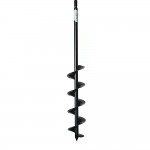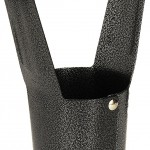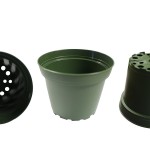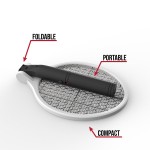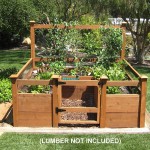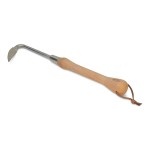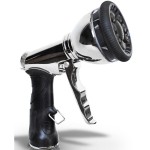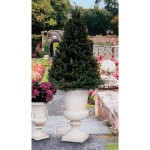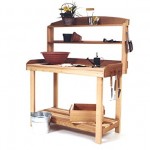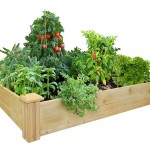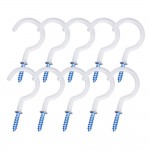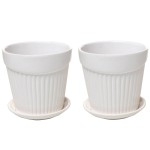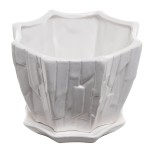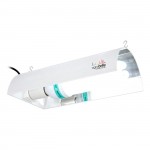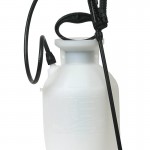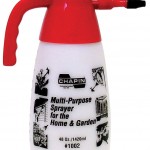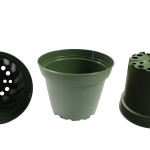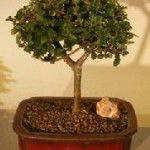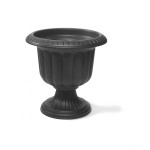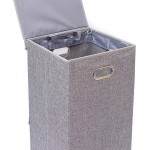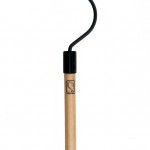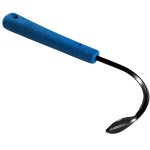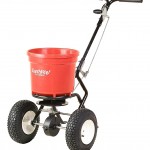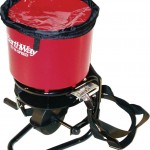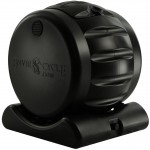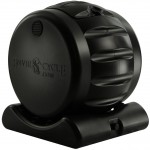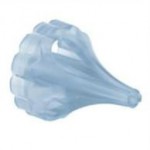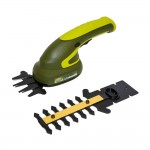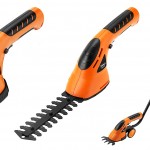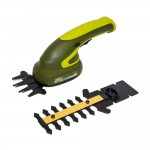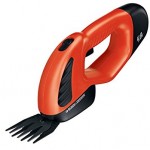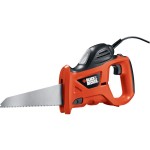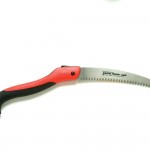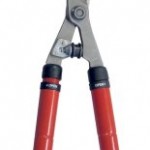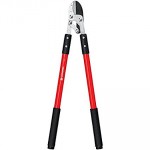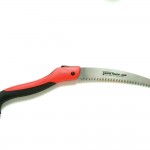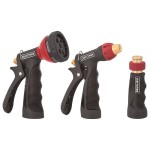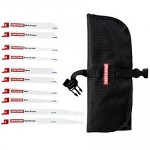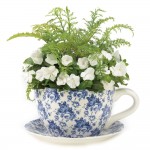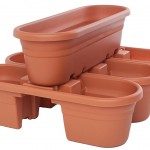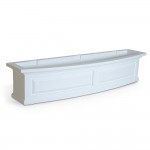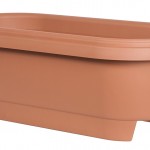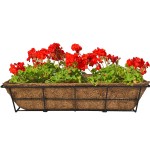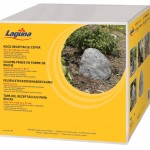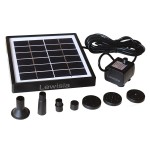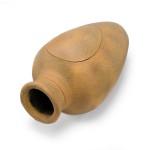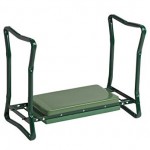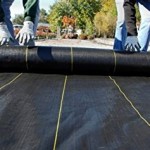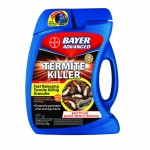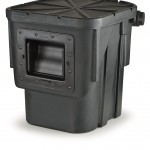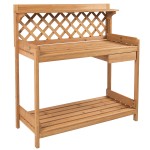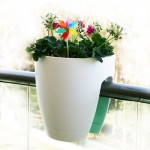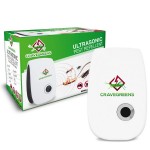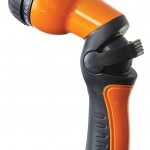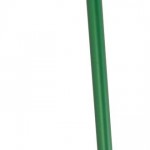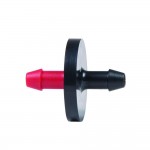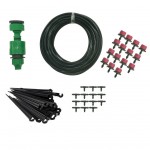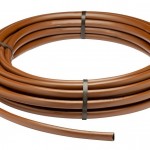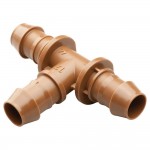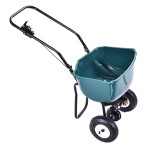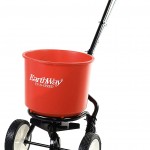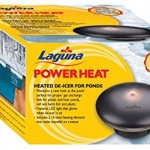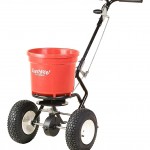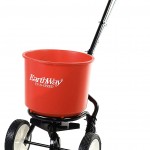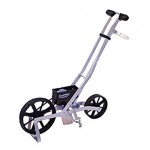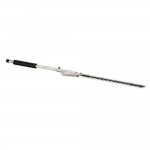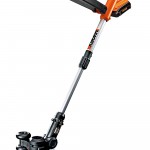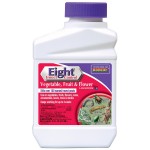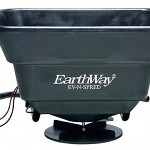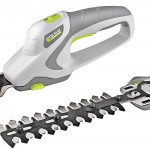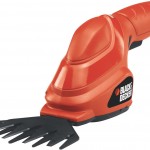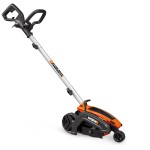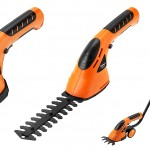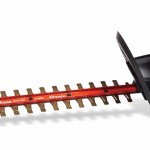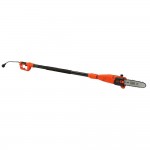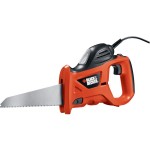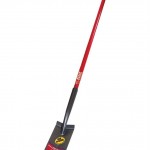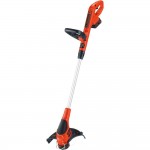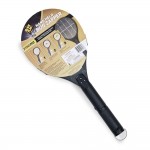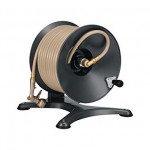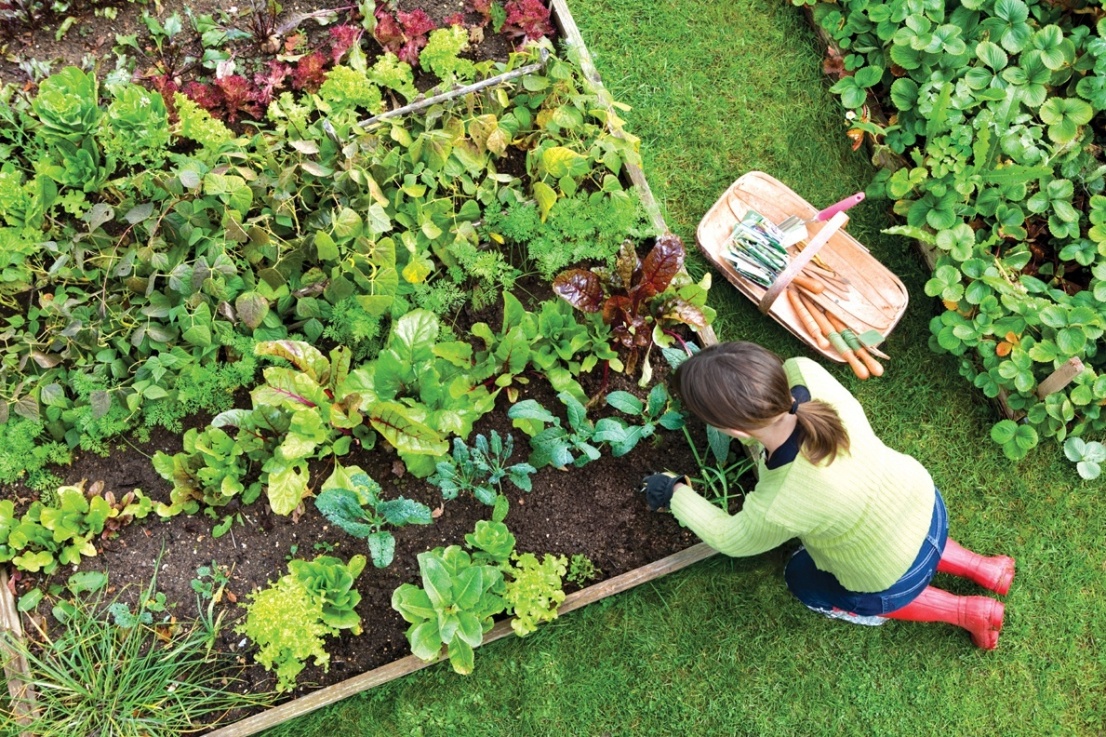
These days, more and more people are discovering the joys of playing in the dirt—though grown-ups might prefer the term “gardening.” Food gardening is especially hot, with nearly 20 percent more households hopping on the food-growing train during the past five years.
Renewed interest in gardening may be due in part to the local food movement. Locavores are interested in having greater access to healthy, high-quality food, knowing where their food comes from, and supporting the environment and the local economy. Gardening (especially organic gardening) certainly fits the bill!
Gardening has also been shown to have significant health benefits. For starters, it encourages people to engage in other behaviors and activities that promote wellness. For example, gardeners consume more fruits and vegetables than non-gardeners.
When gardeners choose to grow food organically, they’re reducing their exposure to pesticides and potentially eating produce with a higher nutrient content. Gardening also reduces stress and improves mental health. And it counts as moderate-intensity exercise, which can help people live longer lives.
With all those good reasons to garden, what are you waiting for? Whether you have your own plot of land or will need to pursue an alternative approach to gardening, get started with this handy-dandy guide to the gardening basics. Gardening is often a process of trial and error, so remember to relax and have fun with it. We promise: It’s not as intimidating as it might seem!
Invaders Be Gone
Once plants are in the garden, one of the biggest challenges is keeping weeds, pests, and diseases out of the garden. To a certain extent, weeds are inevitable, and that’s okay—so long as they don’t start choking out your plants.
The best course of action is to weed every week or so to keep them from getting out of control. In general, it’s easier to pull weeds out of the ground when soils are wetter; when soils are dry, it can be more effective to hoe. Covering the soil with mulch or straw can help reduce weeds while also maintaining the soil’s moisture.
Garden pests (including bugs and meddlesome critters) and diseases challenge even the most experienced of gardeners. But in the spirit of “preparation is the key to success,” many of these issues can be resolved in advance.
Many bugs and diseases that cause damage to plants are more likely to occur when plants are stressed, so ensuring that plants receive a good amount of sun, water, and nutrients will reduce other gardening problems. There are many organic options for preventing and controlling garden pests and diseases.
Animal critters running amok in the garden can be hard to handle, but often fencing or creative deterrents (think: scarecrows) can solve the problem. And if something seems amiss, asking local professionals or doing some online research sooner rather than later can help—wait for it—nip problems in the bud!
